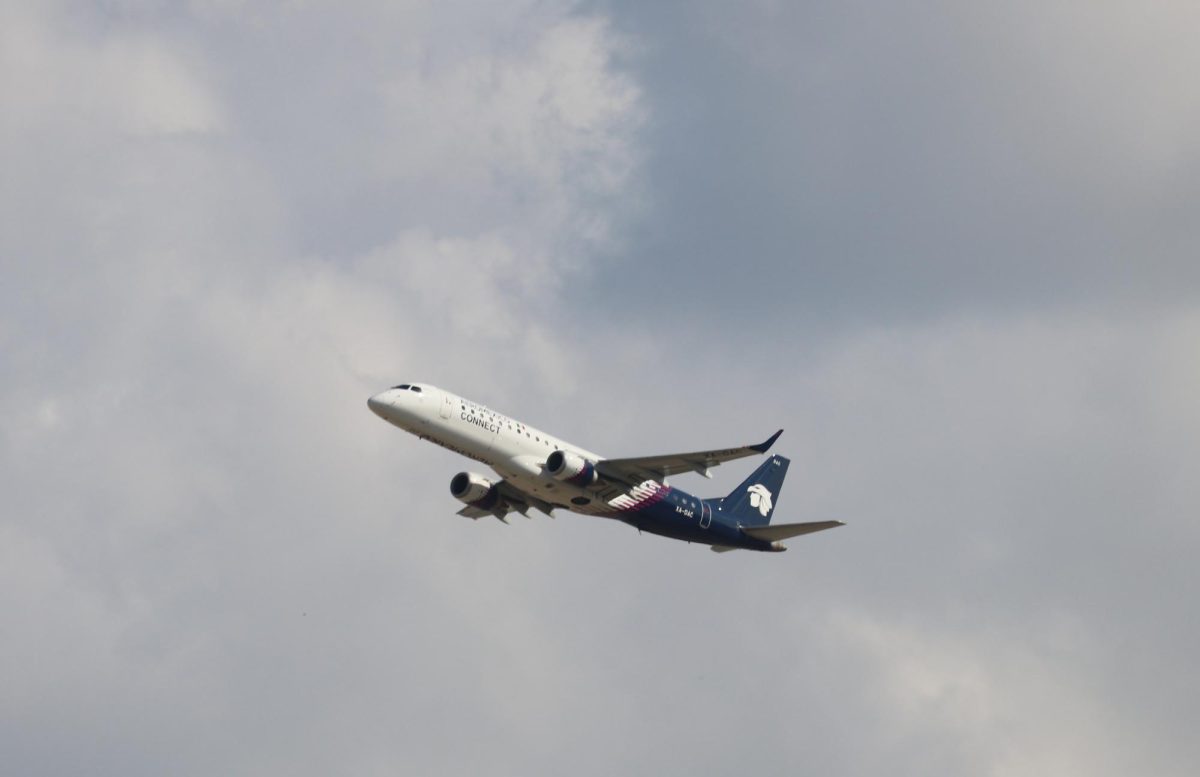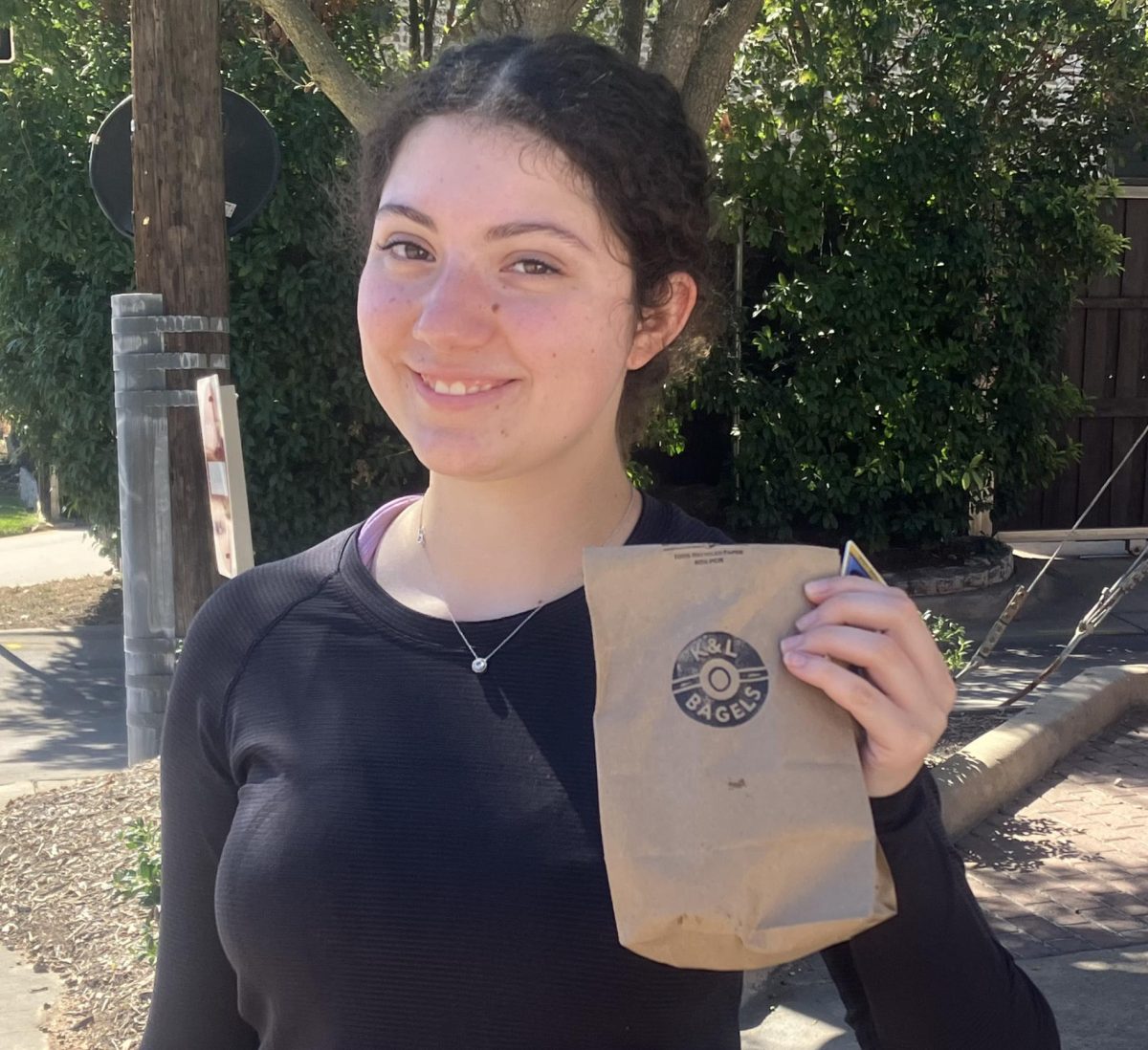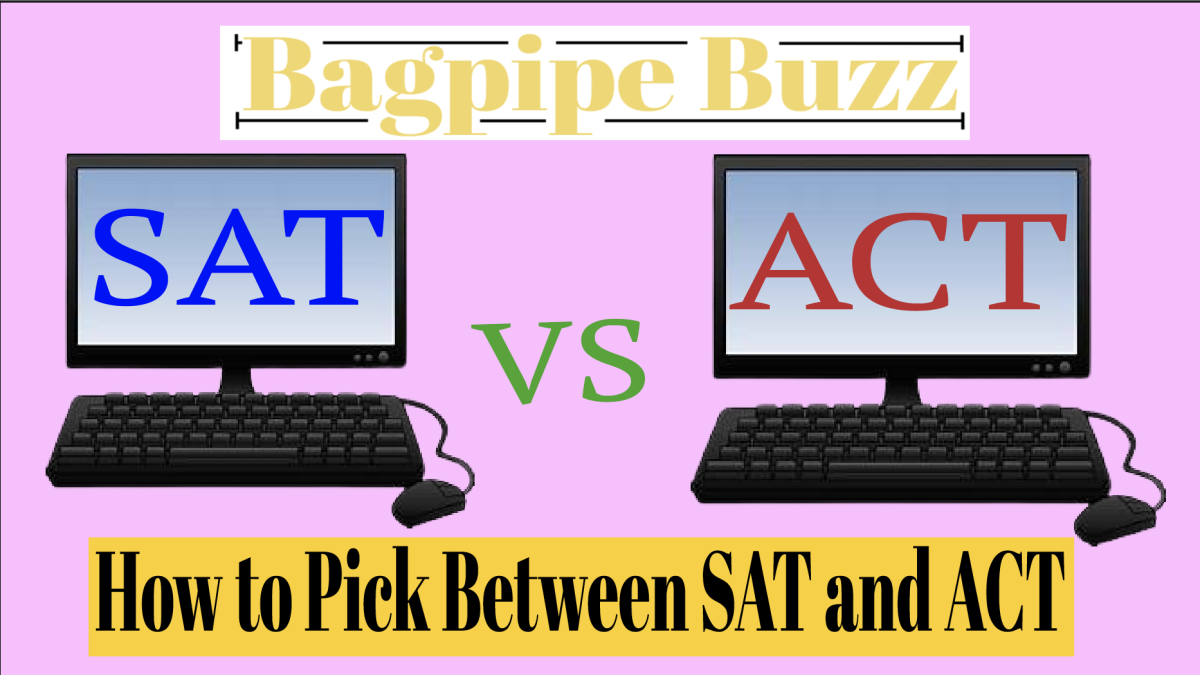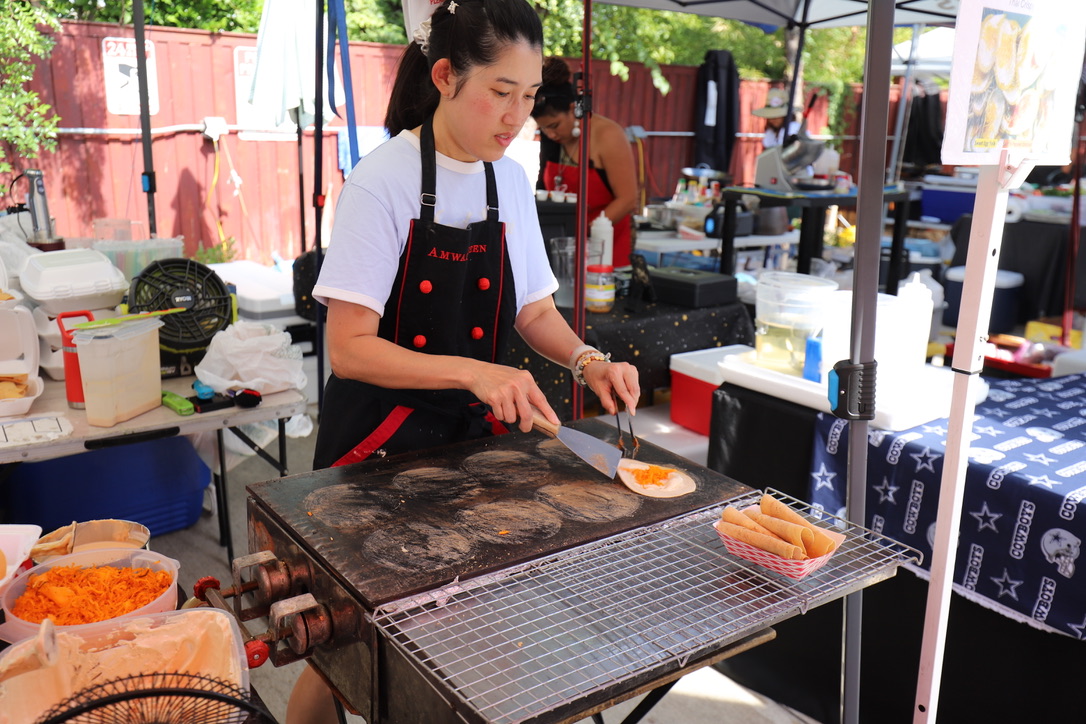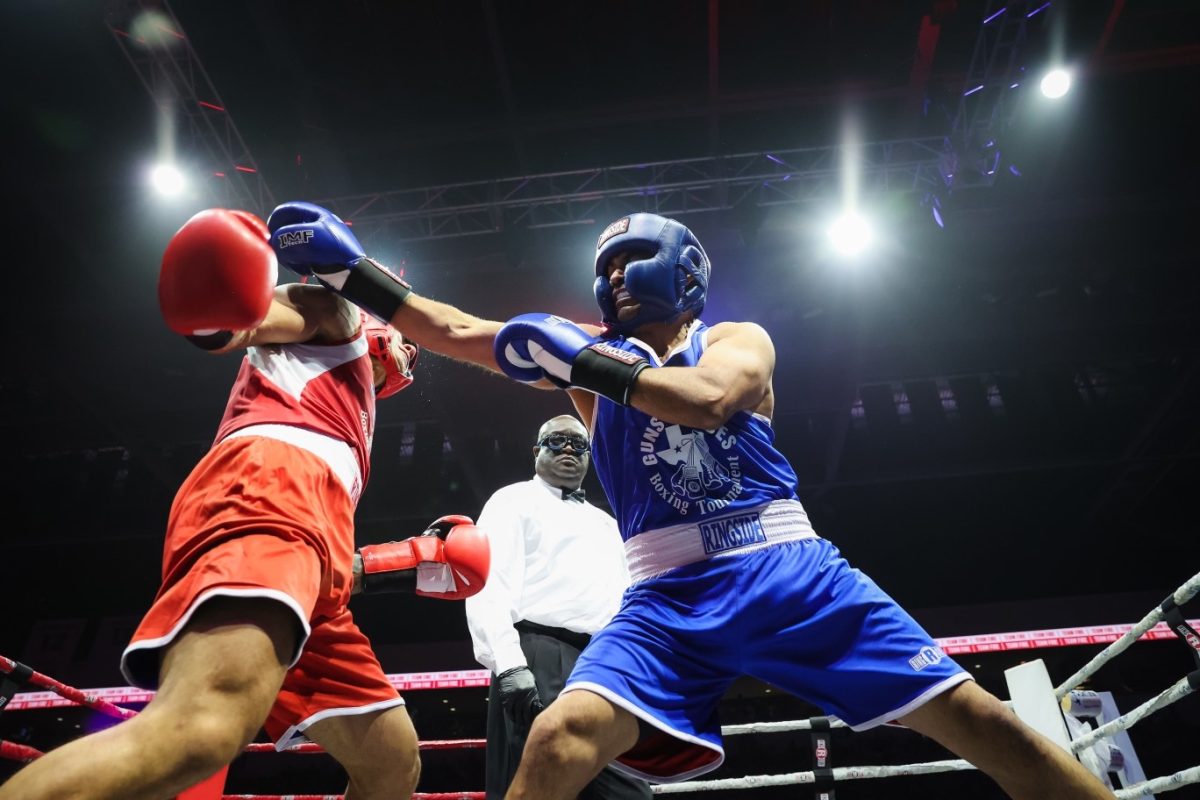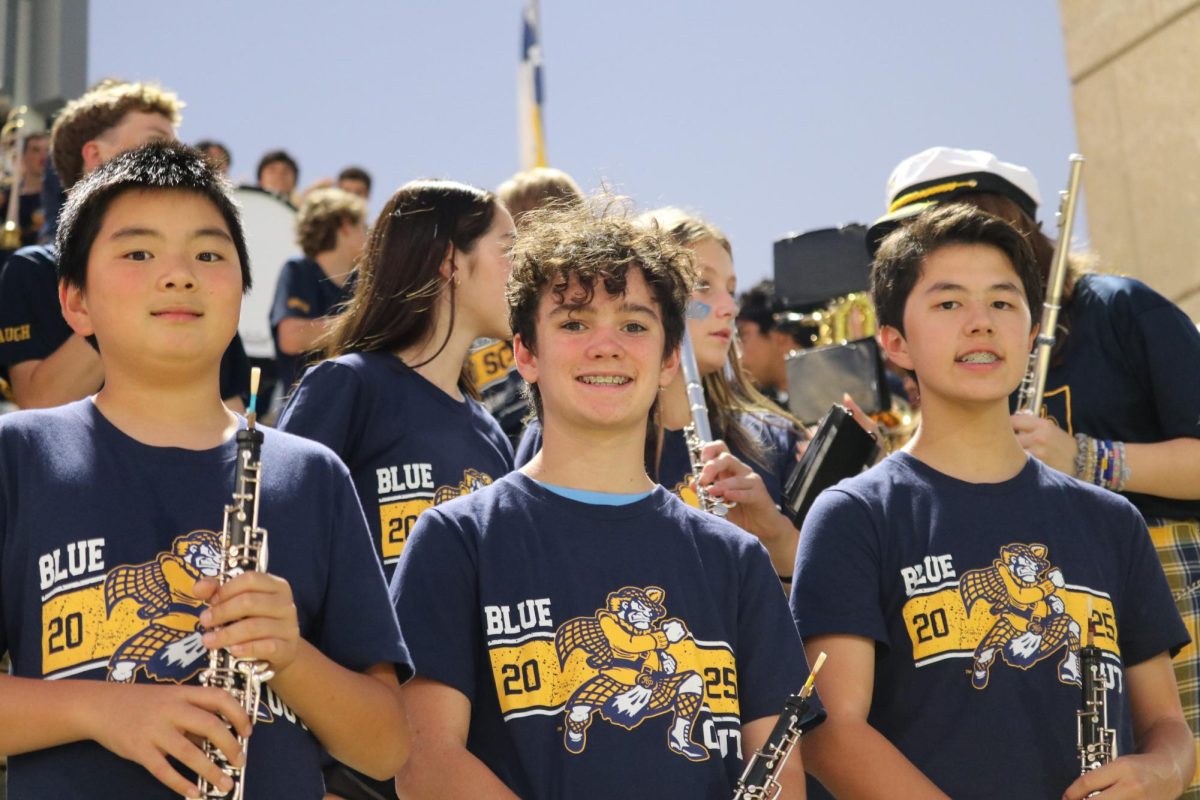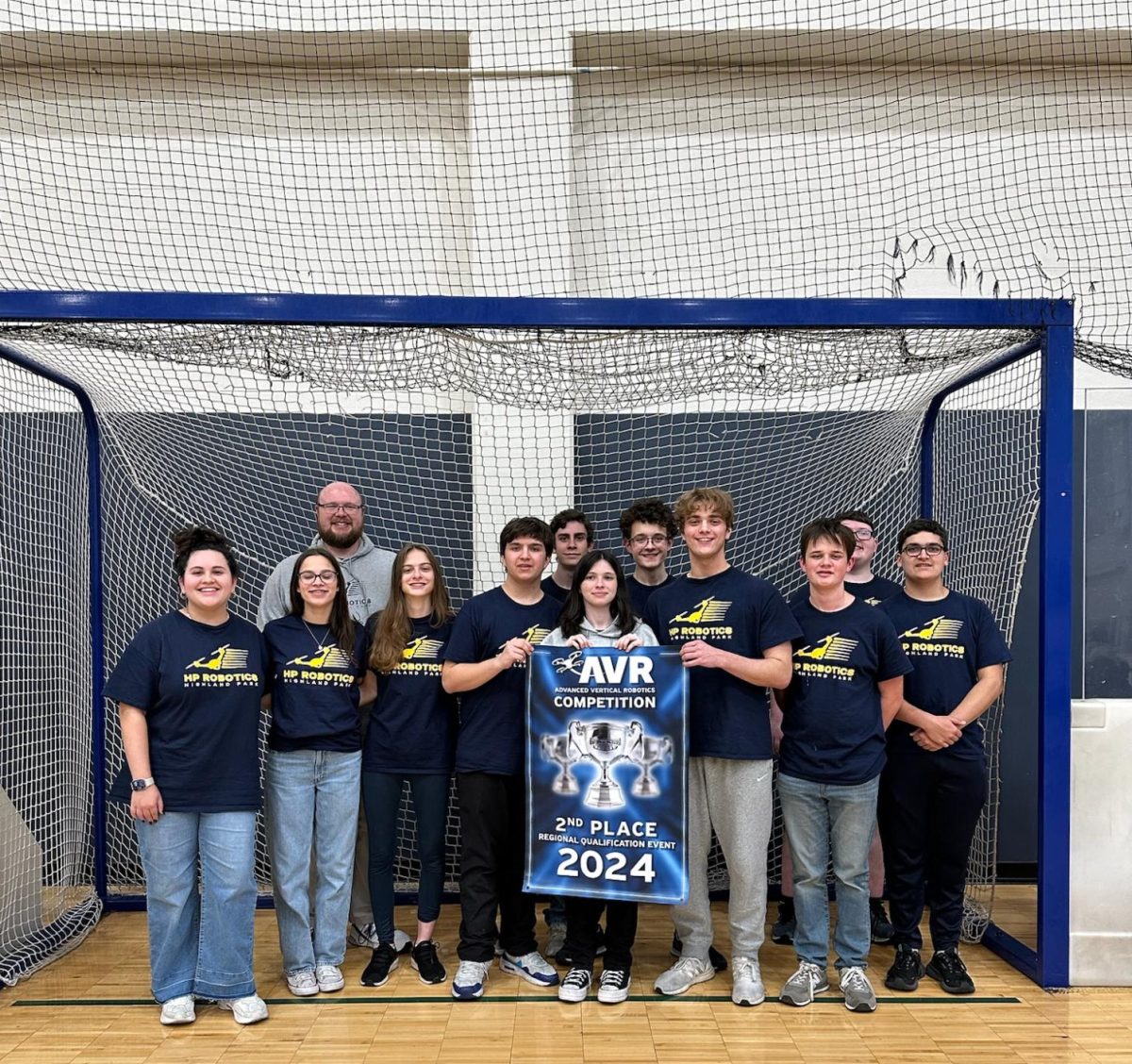Following the rise of celebrity sponsorships, numerous popular YouTubers continue to venture out into other types of businesses, hoping to use their established name to gain popularity and create viral products. However, these products often fail, disappointing customers and alienating their fan base.
Despite bringing some popularity to YouTubers, these new businesses usually collapse, signaling that YouTubers should stop creating extraneous companies and should improve their original content creation instead.
Mr. Beast Burger, a company founded by MrBeast, one of the most prominent YouTubers with 476.57 million subscribers across all of his channels, was originally an extremely successful ghost kitchen restaurant opening over 1700 stores. It was different from other restaurant types because a ‘ghost kitchen restaurant’ solely sells food online.
However, as their business grew, the food quality dwindled, disappointing numerous customers, with some comparing the burgers to eating spoonfuls of garlic powder according to South China Morning Post. Evidently, the lack of food control from MrBeast over his products created a culinary disaster, and extremely upset consumers..
In response to a lawsuit filed by MrBeast because of the lack of food quality, the company carrying out orders digitally, Virtual Dining Concepts (VDC), the company responsible for carrying out the restaurant’s orders, sued MrBeast for 100 million dollars. VDC was originally sued because MrBeast claimed that his burgers were infamous for being “inedible” and “disgusting,” damaging his reputation as a celebrity. However, VDC sued back due to an alleged breach of contract and stated that they believed MrBeast’s actions were ‘meritless’ and due to monetary interests rather than quality concerns.
Overall, the partnership between MrBeast and VDC partnership snowballed into a legal catastrophe. This intense feud between the ex-partners should be viewed as an ominous warning to potential YouTubers interested in venturing into other types of businesses, especially food products,
Lunchly, a prepackaged lunch brand released by YouTubers Logan Paul, MrBeast, and KSI, is advertised as a healthier alternative to Heinz’s Lunchables. A Lunchly meal includes a Feastables bar, a chocolate bar created by MrBeast, a Prime Energy Drink released by KSI and Logan Paul, and a choice of either pizza, nachos, or turkey and cheese with crackers.
The co-owners claimed that Lunchly was healthier because of its healthier ingredients, such as the lower sugar content of the Feastables and the electrolytes offered by Prime.
However, Lunchly came under fire after TikTok user Rosanna Pansino posted a video of her opening her Lunchly, only to find the cheese had gone moldy. Additionally, the FDA received nearly ten comments regarding the quality of Lunchly’s food. With rumors of a recall of the brand, Logan Paul released a video stating that these alleged claims of a recall were false. It is clear, however, that the public is becoming increasingly wary of the Lunchly brand due to its lack of quality control. Furthermore, because Lunchly is designed for children, it is a harrowing thought that the younger generation targeted by the cocreators of the brand might be susceptible to food borne disease as a result of this lack of quality.
KSI also has worked on the song “The Thick Of It” released by YouTuber KSI depicts his life and how he has worked his way up to the top and become a successful YouTuber. Though becoming viral, numerous listeners and social media users have quickly made the song into an infamous laughingstock. Listeners have described it as childish and immature, with some comparing it to a Disney song. Since his expansion into the music industry, KSI’s reputation has been tainted and “The Thick of It” has been continuously ridiculed on the internet.
However, The energy drink, Prime, could be seen as a success story. Released by YouTubers Logan Paul and KSI, Prime was released as a zero-sugar energy drink alternative to other energy drinks such as Gatorade or Powerade. Within its initial release, resells of the drink sold up to $100 per bottle and in 2023, generated 377 million dollars in profit. However, this success was extremely short-lived and the drink now finds itself in bargain bins for discounted prices. The brand failed to establish a long-lasting legacy compared to its competitors. The cautionary tale of the Prime drink serves as an indication that YouTubers venturing out to other businesses often fail in the long run.
Despite the success of Prime, instead of using a YouTuber’s name to boost new products and consequently failing, it is clear YouTubers should instead focus on improving their videos and expanding their own social media presence on YouTube.





